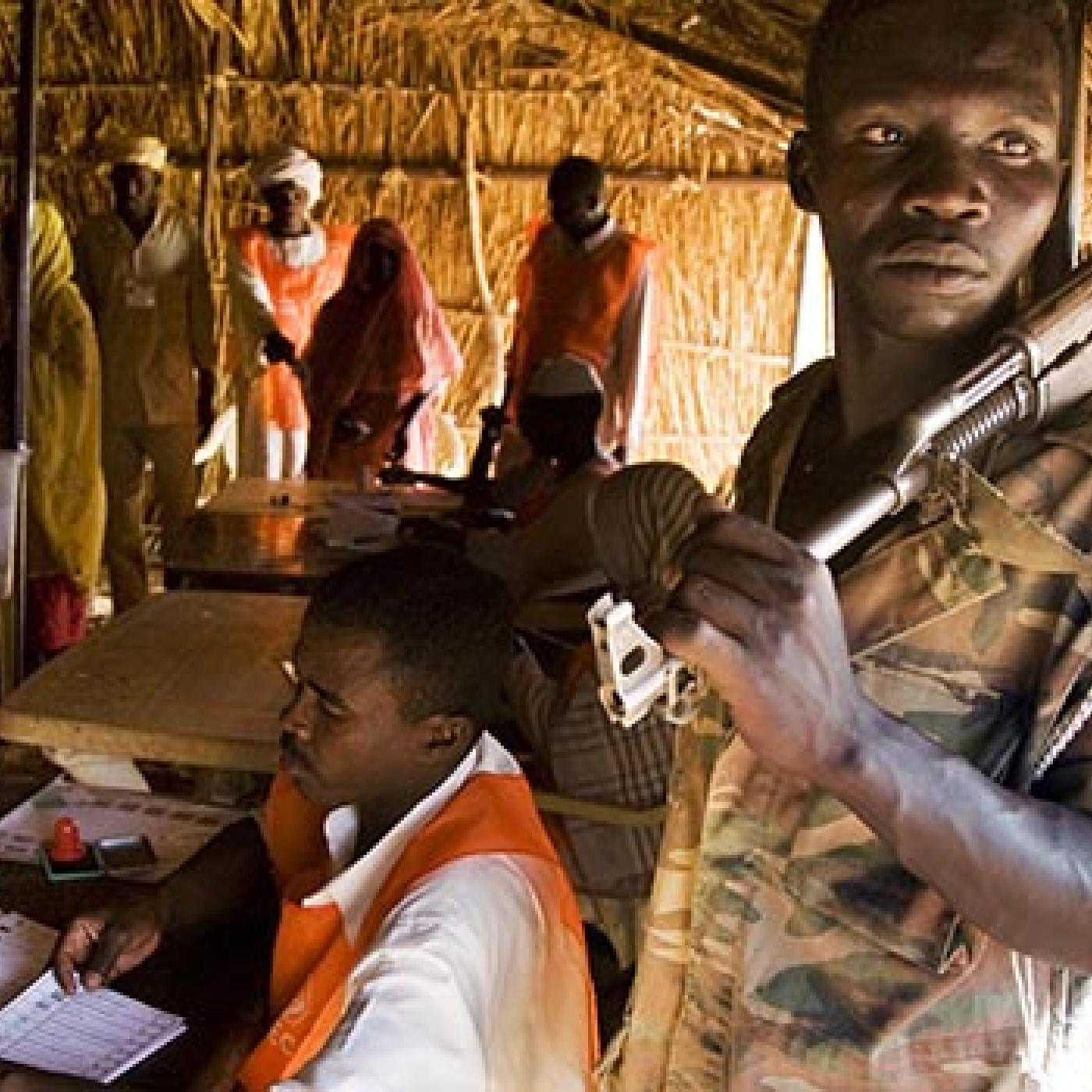Tools & Resources
Filter by
Type
Publication date
Language
Type
Publication date
Language
Publication
Report/Paper
Overcoming Challenges to Democracy and Governance Programs in Post-Conflict Countries: CEPPS Lessons Learned
How can democracy and governance programs be more effective in post-conflict environments?
May 18, 2021
Publication
Report/Paper
Political Finance in Post-Conflict Societies
This report draws lessons from eight cases in order to provide some guidelines for addressing the serious and often complex issues concerning the role of money in the political process in these societies.
April 30, 2006
Publication
Book
Political Finance in Post-Conflict Societies
This study of political finance in post-conflict society identifies lessons learned from international donor-funded efforts to support political processes in post-conflict environments in general and the funding of political parties and campaign finance in particular. The document consists of eight case studies that seek to improve our understanding not only of the political dynamics of post-conflict situations but also of how to rally international support for holding elections and supporting democratization under such circumstances.
April 30, 2006
Publication
Report/Paper
Lithuania: Money and Politics Case Study
Lithuania has rapidly developed both politically and economically since emerging from the Soviet Union in 1991. While the country has built a functioning parliamentary system of government, has become a member of NATO, and is on the verge of joining the European Union, it still faces many problems associated with the many consolidating democracies around the world. As in all democracies, populations need to trust that those they elect will represent their interests. Problems such as corruption, weaknesses in laws concerning the political financing, and unaccounted for political income and expenditures threaten the credibility of the process and hinder the speed at which democracy is consolidated. Additionally, Lithuania lacks the high level of vibrant debate about the issue of political financing among scholars, journalists and civil society bodies required to promote meaningful reform. Recognizing this, Lithuania has developed an independent Central Electoral Committee (CEC) and adopted laws requiring detailed and public disclosure of political finance accounts. Prior to conducting Money and Politics programming in Lithuania, the CEC had made a demonstrable interest in making information public. While scanning summary report of accounts and placing them on the internet, the user could not search, not easily compare and analyze the information. Interested parties were required to make an appointment to view more detailed, paper-based information. Further, while the Tax Authorities are required to audit final political party reports, enforcement is widely considered to be weak. Few, if any, cases of political finance violations have been forwarded and investigated, not to mention prosecuted. By addressing the difficult issues surrounding political finance with the support of IFES in 2002 and 2003, Lithuania is emerging as a model for other consolidating democracy to follow. Significant areas remain to be addressed. While Lithuania has taken concrete steps to reform political finance legislation, open political finance information to public scrutiny and oversight, and encourage debate, further efforts are required to actively enforce laws and regulations and raise the level of debate among the various governmental, legislative, and civil society groups. By addressing these areas, Lithuania has the potential for being an example of best practices while making local expertise and resources to other countries undergoing similar reforms.
December 31, 2002




